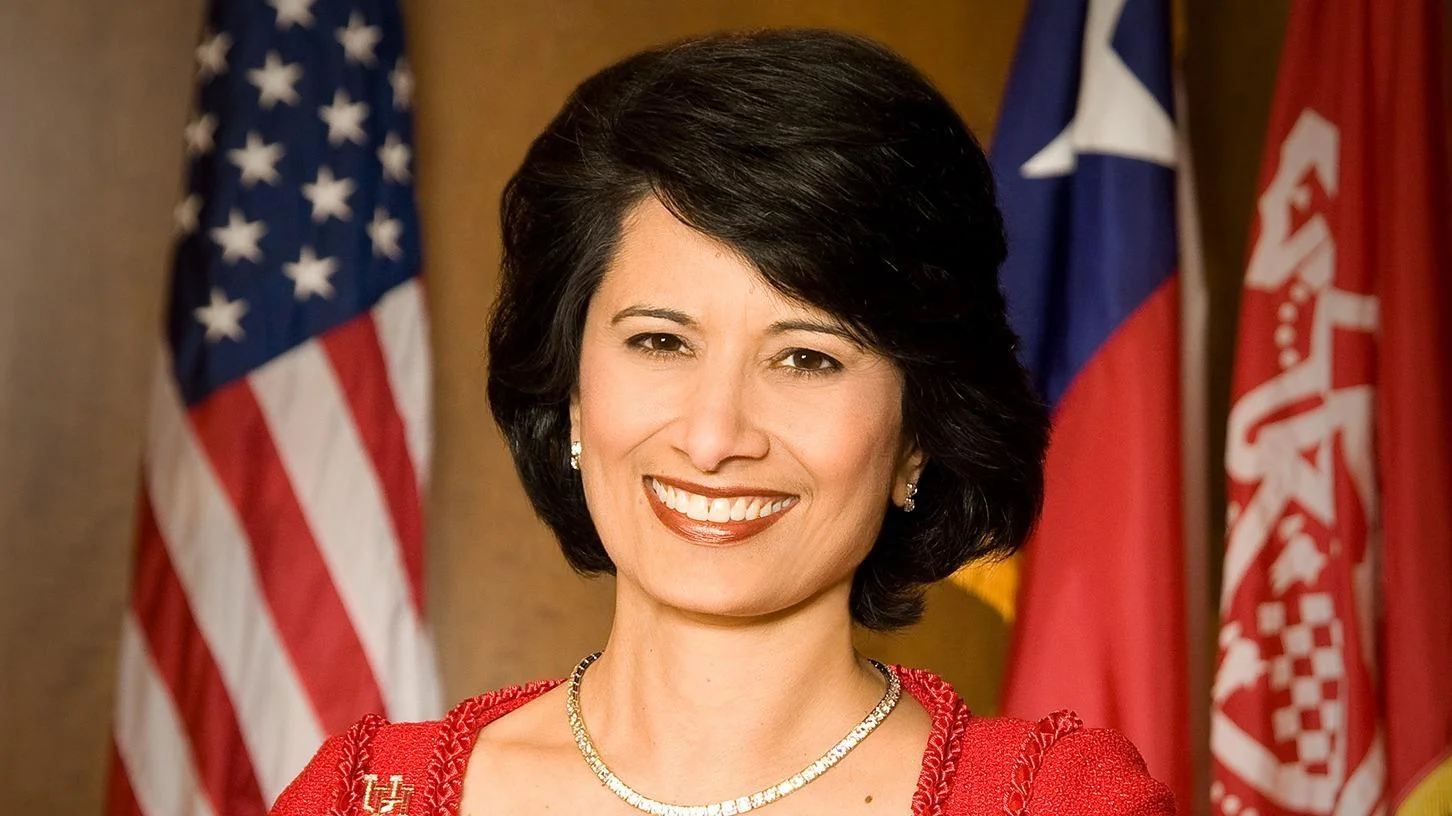Professor Fatima Merchant, department chair of engineering technology at the University of Houston, is part of a multi-institutional research team designing patient-specific molds for breast cancer patients undergoing reconstructive surgery after cancer treatment.
The project, supported by a $2.7 million grant from the National Institutes of Health, aims to make breast reconstruction more efficient, promote psychosocial adjustment to cancer survivorship, and reduce time in care.
“Breast reconstruction can help women retain or regain quality of life by mitigating the impacts of body image disruption due to appearance changes arising from mastectomy,” said Merchant.
“While a few studies have demonstrated the feasibility of using patient-specific molds to shape tissue into a breast form, a critical barrier to progress in the field is that no one has rigorously evaluated their impact. In contrast, our study includes a randomized controlled clinical trial for evaluation,” she added.
In the United States, 1-in-8 women will be diagnosed with breast cancer in her lifetime. Of those who undergo surgery, more than 40 percent will have additional breast reconstruction surgery.
During autologous reconstruction, surgeons use skin, fat, blood vessels and muscle from another part of the patient’s body to rebuild the breast. This method is widely recognized as effective with long-term advantages over other techniques. However, these procedures are complex and lengthy operations requiring substantial skill and experience. Additionally, revision procedures are often necessary to restore the patient's bodily form adequately; in some cases, multiple revisions are needed.
The team will develop clinical decision-support algorithms for designing patient-specific breast molds for tissue shaping.
The new algorithm-driven breast molds aim to reduce reconstruction costs and minimize pain and risk by decreasing the number of procedures required.
Prior work investigated simple molds that merely copied the preoperative shape and size of the patient's breasts or mirrored versions of the contralateral breast in unilateral reconstructions. Many patients desire or require a different breast form after mastectomy; thus simply copying the preoperative form is inadequate.
“Our approach in developing clinical decision-support algorithms is informed by our experience in image perception, machine learning, image processing, and shape modeling," said Merchant. "We are conducting a thorough evaluation in a randomized controlled clinical trial."
The research team includes multiple principal investigators: Ashleigh M. Francis at The University of Texas MD Anderson Cancer Center and Mia K. Markey at The University of Texas at Austin as part of the Multidisciplinary Breast Reconstruction Research Program. Investigators at UT include Haoqi Wang, doctoral student in biomedical engineering; while MD Anderson's team includes Deepti Chopra, Z-Hye Lee, Christopher Parham, Gregory P. Reece, Margaret Roubaud, Mark Schaverien and John Shuck.
Merchant is supported by UH investigators Ann Chen (research associate professor), Weihang Zhu (professor) and Elizabeth Rodwell (assistant professor).

